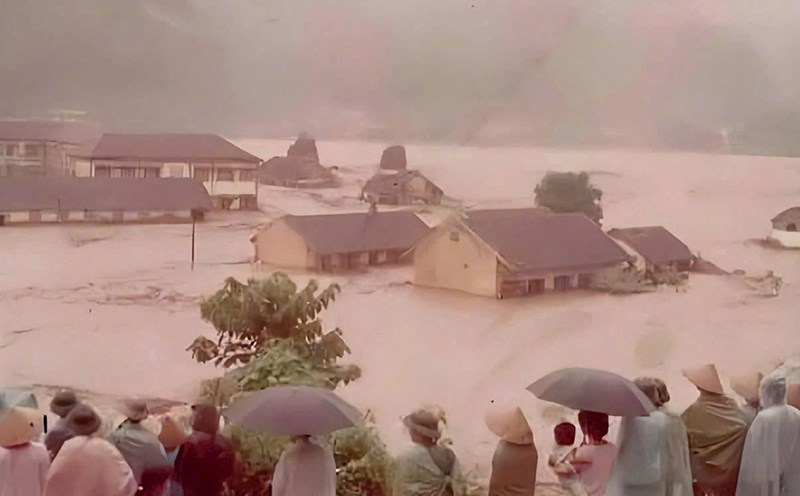On April 13, Dien Bien district, Dien Bien province held a festival of "Bun Huoc Nam" water festival in Na Sang 1 village, Nua Ngam commune - where the Lao community lived in concentrated.
The New Year splashes the "Bun Hua Nam" with the activities of worshiping, praying, forcing the wrist to pray for luck, the ritual of asking for water and the water to pray for luck.
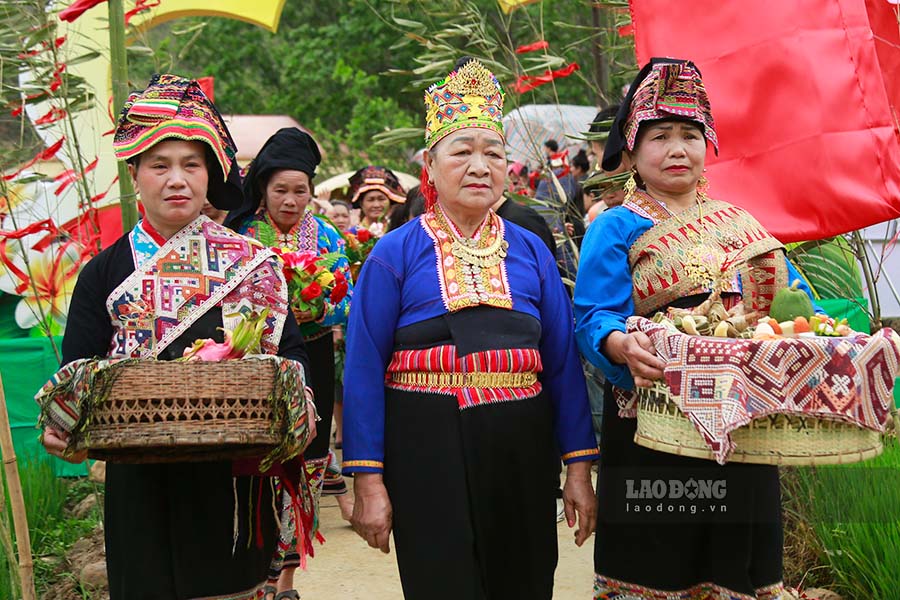
Mrs. Vi Thi On - Na Sang 1 village, Nuoc Ngam commune - said that the ritual of water splashing means offering the dry season, cleansing the bad luck in the old year for the village, praying for the rain and wind, all things to grow, develop, bumper crops, peaceful villages, people who are healthy, have good luck in the next year.
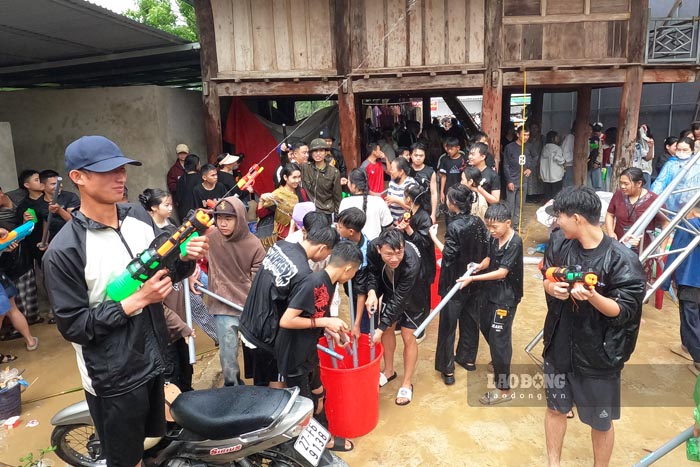
According to the Laotian concept, in these New Year days, the more people fall in the country, the more wet, the more luck and the good.
Although the weather is quite cold (about 19 degrees C) due to the influence of the cold air, thousands of people and tourists are still excited to immerse themselves in the water.
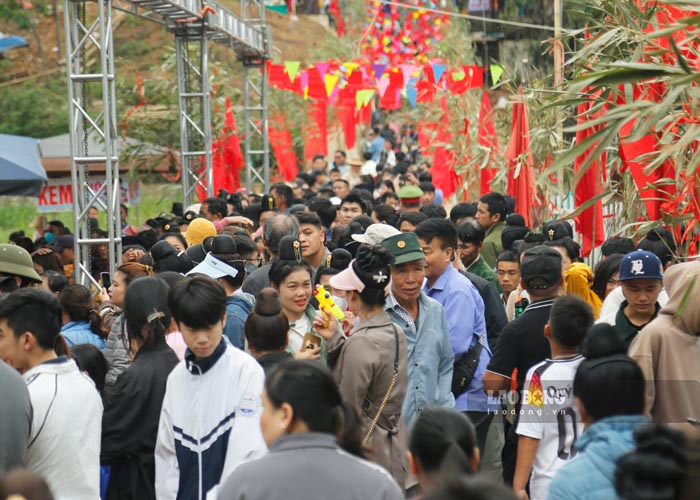
Ms. Dinh Thi Oanh Chau (Thanh Yen commune, Dien Bien district) said: "This is the second time, I and my friends joined the Tet holiday in Nuoc Ngam commune. The emotions were very happy, even though the person was wet but feeling very refreshing."
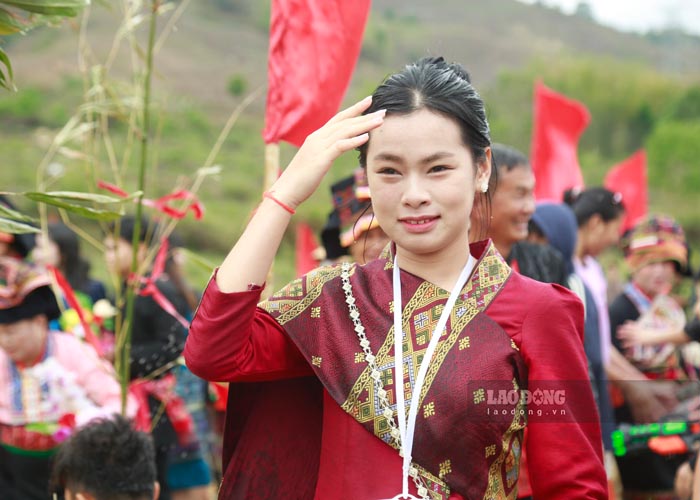
Tet splashes "Bun Hua Nam" is associated with the history of settlement and villages of the Lao people in Nua Ngam commune, preserved and preserved by the community for generations. Since 2015, with the support of the local government, the festival has been restored and organized more scale on the occasion of the traditional New Year of the Lao people.
Dien Bien district currently has 11 ethnic groups, of which the Lao people account for about 3.38% of the population, concentrated in the communes: Pa Thom, Nua Ngam, Muong Nha, Phu Luong and Muong Lai.
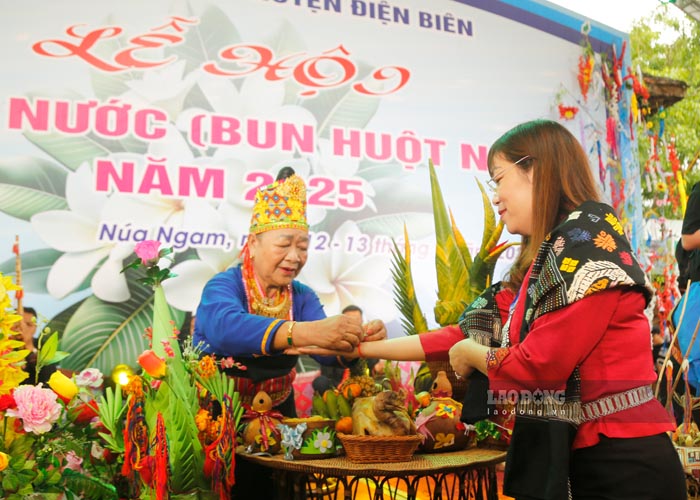
With unique and unique rituals, in September 2017, the Tet holiday (Bun Huon Nam) of the Lao people in Na Sang village, Nua Ngam commune, Dien Bien district was recognized by the Ministry of Culture, Sports and Tourism as a national intangible cultural heritage, traditional cultural type.



